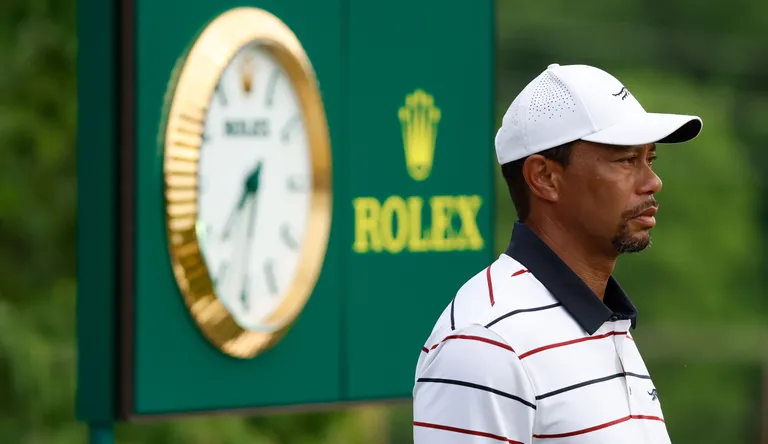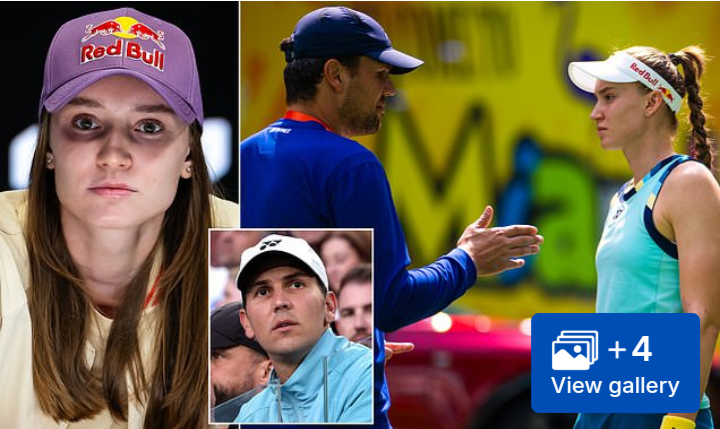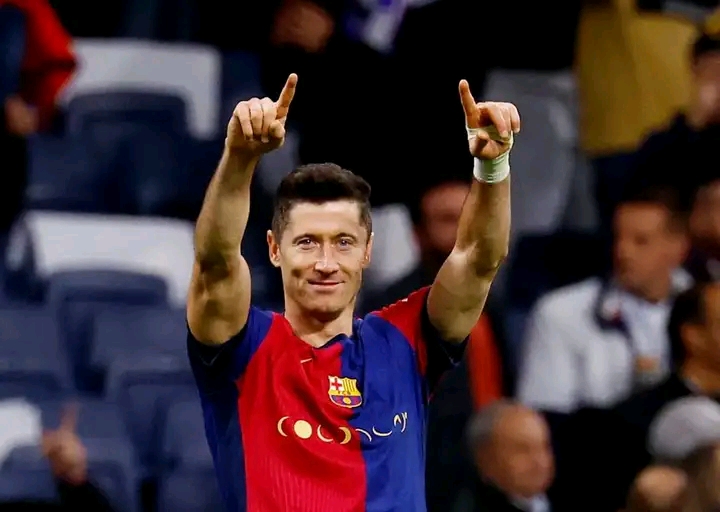Way too many things of him yelling at Elena Rybakina” – Serena Williams’ ex-coach reveals players’ concerns about Stefano Vukov’s angry behavior
Concerns Mount Over Stefano Vukov’s Coaching Style Toward Elena Rybakina
Stefano Vukov, coach of Wimbledon champion Elena Rybakina, has come under fire following repeated instances of what some players have described as overly aggressive behavior toward his player. The criticism was notably echoed by Serena Williams’ former coach, Patrick Mouratoglou, who spoke out about Vukov’s intense courtside demeanor during recent tournaments. Mouratoglou, known for his extensive work with top players like Serena, voiced concerns shared by several players and fans who believe Vukov’s approach may cross a line.
Mounting Concerns Over Aggression
In recent tournaments, spectators and commentators have noticed Vukov’s emotional reactions, which at times have included yelling from the player’s box and visibly intense exchanges with Rybakina during match breaks. This behavior has raised eyebrows within the tennis community. Mouratoglou mentioned the frequency of incidents where Vukov appeared visibly frustrated or angry toward Rybakina, suggesting it might not be conducive to her overall performance and well-being.
“There are way too many things of him yelling at her [Rybakina],” Mouratoglou said in a recent interview, addressing the growing discomfort within the tennis circuit. He emphasized that while some players thrive under high-pressure coaching, this level of visible frustration from a coach could hinder the player’s confidence and focus.
Player Well-being and Coaching Tactics
The dynamic between players and their coaches has always been crucial, often impacting on-court performance. In Rybakina’s case, her relatively calm and composed demeanor contrasts sharply with Vukov’s more fiery approach. This mismatch in temperament has prompted players and commentators to question whether such intensity from a coach is helping or hurting Rybakina’s ability to perform at her best under pressure.
Mouratoglou, who has coached Serena Williams through some of the highest-stakes matches in modern tennis, pointed out that every player responds differently to coaching styles. While a more aggressive approach may work for some athletes, others may struggle to cope with the mental strain that comes from constant pressure and criticism, particularly in the middle of matches.
Fans React to Coaching Methods
Fans have also taken to social media to express concern, with some arguing that Vukov’s behavior is reflective of a broader issue in the sport regarding player-coach dynamics. Many have noted Rybakina’s stoic reactions during these incidents, which has led to further debate about whether the Kazakh player is simply internalizing her frustrations or whether she truly benefits from Vukov’s hard-nosed tactics.
Others, however, have defended Vukov, pointing to Rybakina’s Grand Slam success, including her Wimbledon title in 2022. These supporters argue that the results speak for themselves and that intense coaching has been a key factor in her ascent to the top tier of women’s tennis.
Moving Forward: A Balance Between Tough Love and Support?
The relationship between a coach and their player is often complicated, and the recent spotlight on Vukov’s behavior underscores the fine line between motivational intensity and emotional stress. While tough love coaching has produced champions in the past, the modern tennis landscape increasingly emphasizes mental health and player well-being.
It remains to be seen whether Vukov will address the criticisms or modify his approach moving forward. For now, Rybakina has not publicly commented on the issue, leaving fans and analysts to speculate on how this dynamic will evolve as she continues her career at the top of women’s tennis.
As tennis continues to grapple with the balance between high-pressure coaching and mental health awareness, Vukov’s methods will likely remain under scrutiny. The question now is whether this coaching style will lead to long-term success—or whether adjustments need to be made for the sake of the player’s overall performance and well-being.






